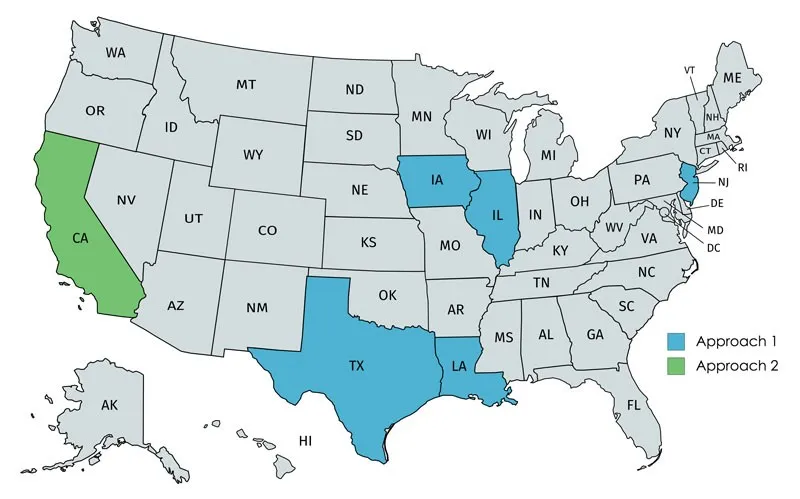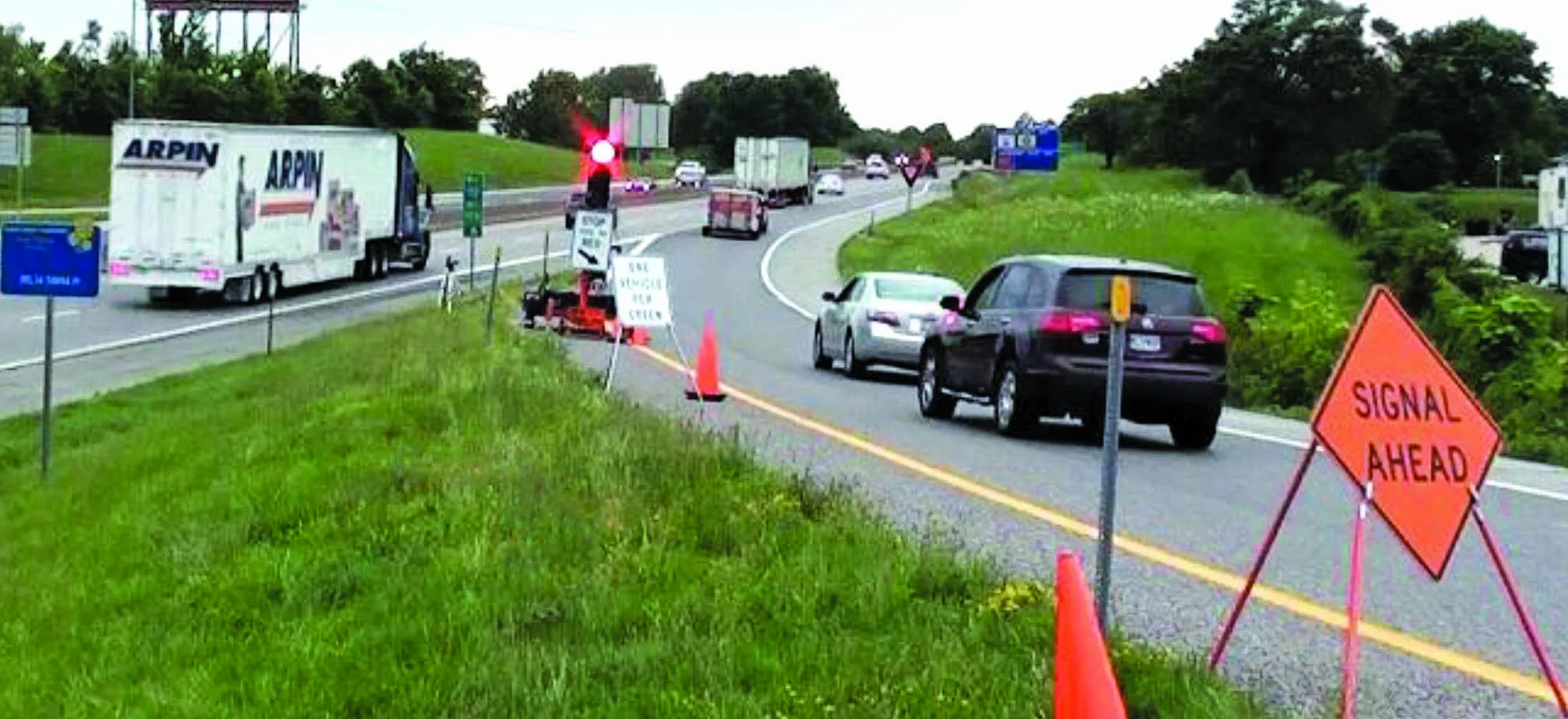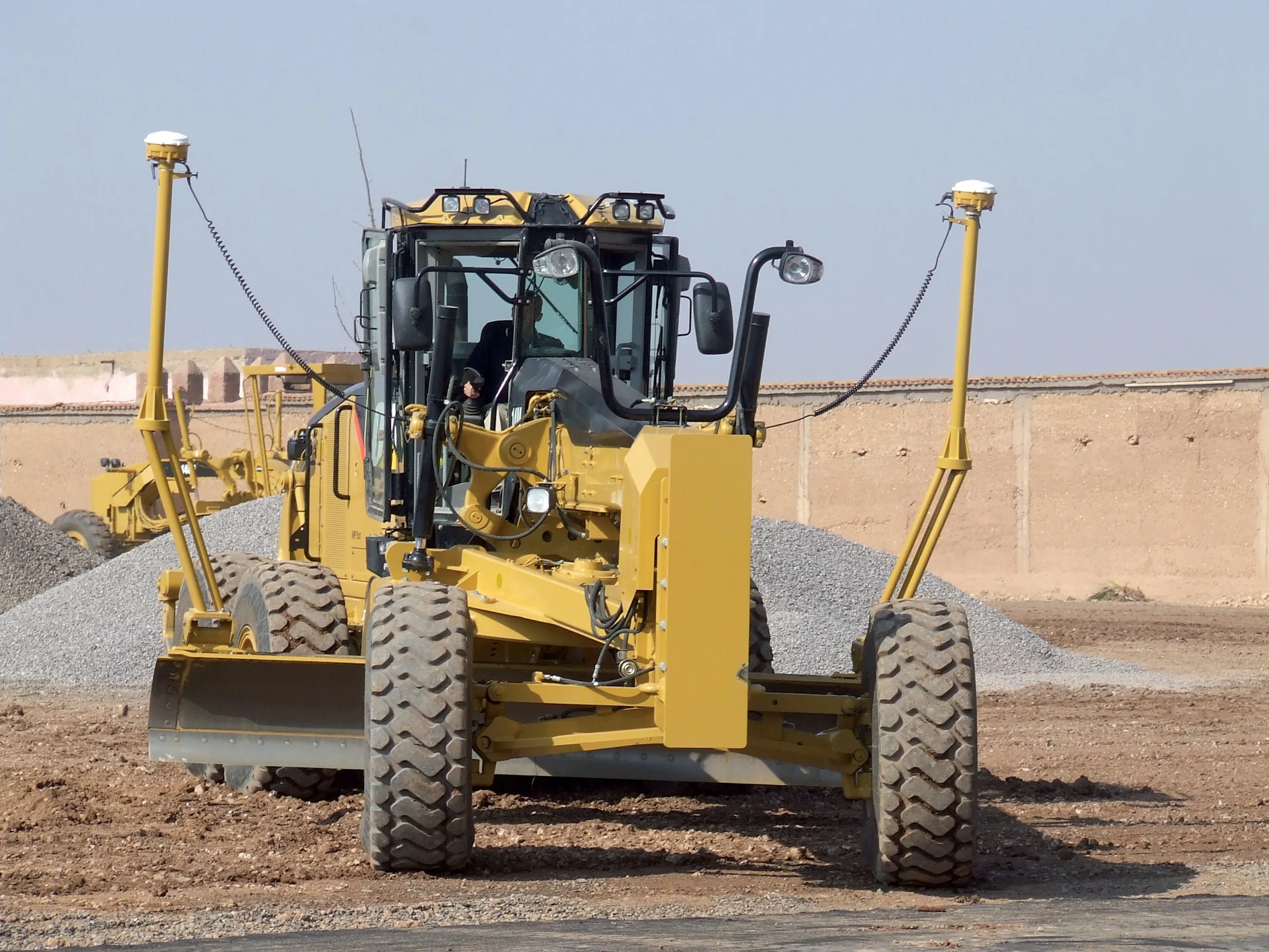Around 17 million vehicles in Turkey could be fitted with electronic licence plates, under a proposed draft law. The move would see the addition of a cryptographic chip on both licence plates, and a barcoded sticker on the vehicle's windscreen. The Electronic Vehicle Identification and Tracking System will depend on identification with radio frequencies and will be integrated into CCTV and motorway cameras. The initiative aims to reduce the number of traffic breaches while providing support in the pursuit o
March 6, 2013
Read time: 1 min
Around 17 million vehicles in Turkey could be fitted with electronic licence plates, under a proposed draft law.
The move would see the addition of a cryptographic chip on both licence plates, and a barcoded sticker on the vehicle's windscreen. The Electronic Vehicle Identification and Tracking System will depend on identification with radio frequencies and will be integrated into CCTV and motorway cameras.
The initiative aims to reduce the number of traffic breaches while providing support in the pursuit of criminals. Moreover, it proposes attaching barcoded stickers on foreign vehicles entering the country so as to track their route in the country.
The move would see the addition of a cryptographic chip on both licence plates, and a barcoded sticker on the vehicle's windscreen. The Electronic Vehicle Identification and Tracking System will depend on identification with radio frequencies and will be integrated into CCTV and motorway cameras.
The initiative aims to reduce the number of traffic breaches while providing support in the pursuit of criminals. Moreover, it proposes attaching barcoded stickers on foreign vehicles entering the country so as to track their route in the country.









